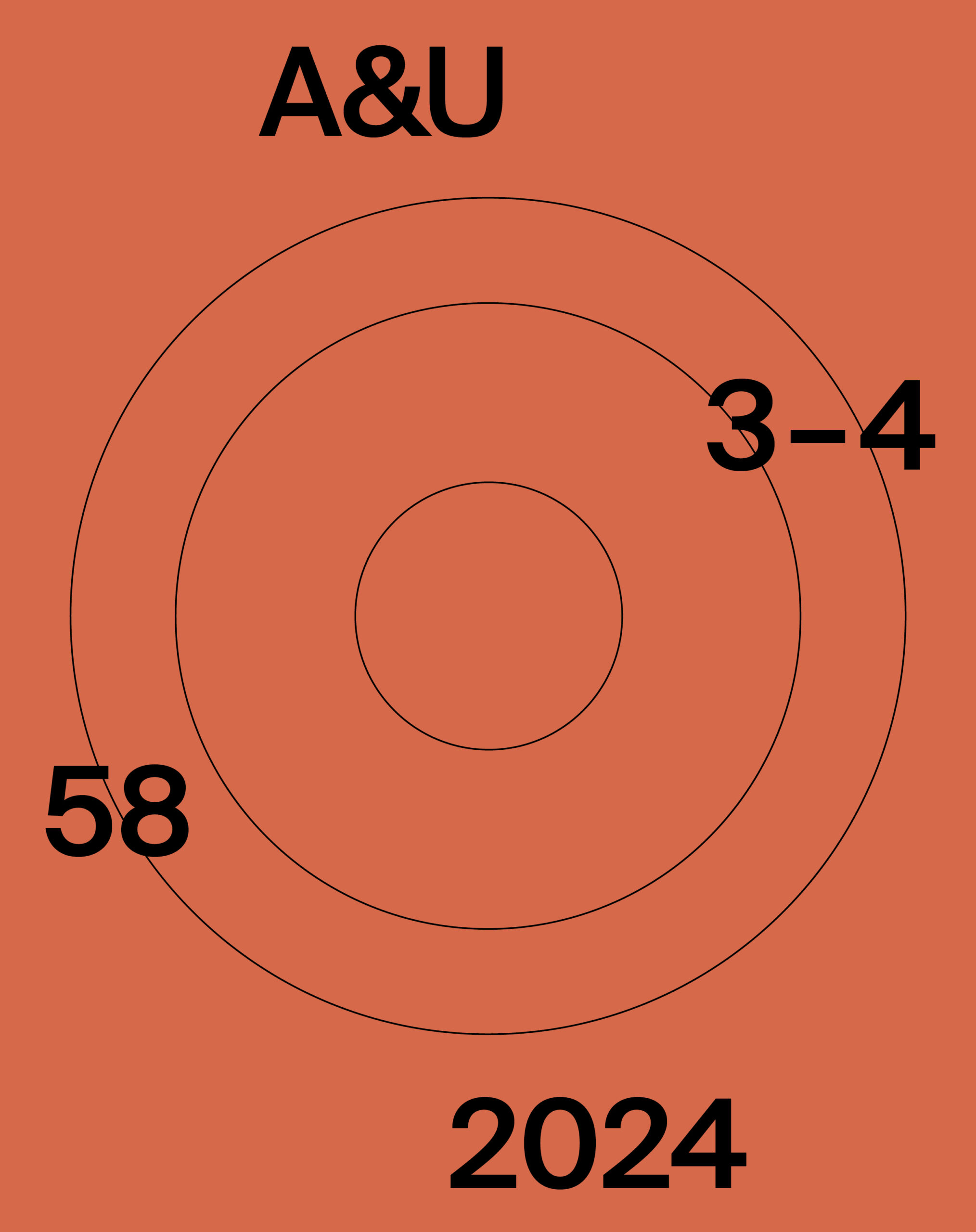Focusing on the architecture and ambience of the low-rise high-density single-family housing estate Petlovo Brdo in Belgrade, Serbia (1967 – 1969), the article relates the everyday social production of space in socialism as a modernist-vernacular fusion of the notions of the folkloric and the peripheral. The socio-spatial balance between the individual and the communal, as attempted by the estate’s architects Elsa and Branislav Milenković, is achieved by variation of seven apartment types in four block types and their diverse grouping in immediate neighbourhoods with pedestrian circulation. The architectural design supports modular coordination, apartments use-value as a function of layout disposition, environmental mindfulness and an aesthetic of domesticity and small-scale urbanity.

This work is licensed under a Creative Commons Attribution 4.0 International License



